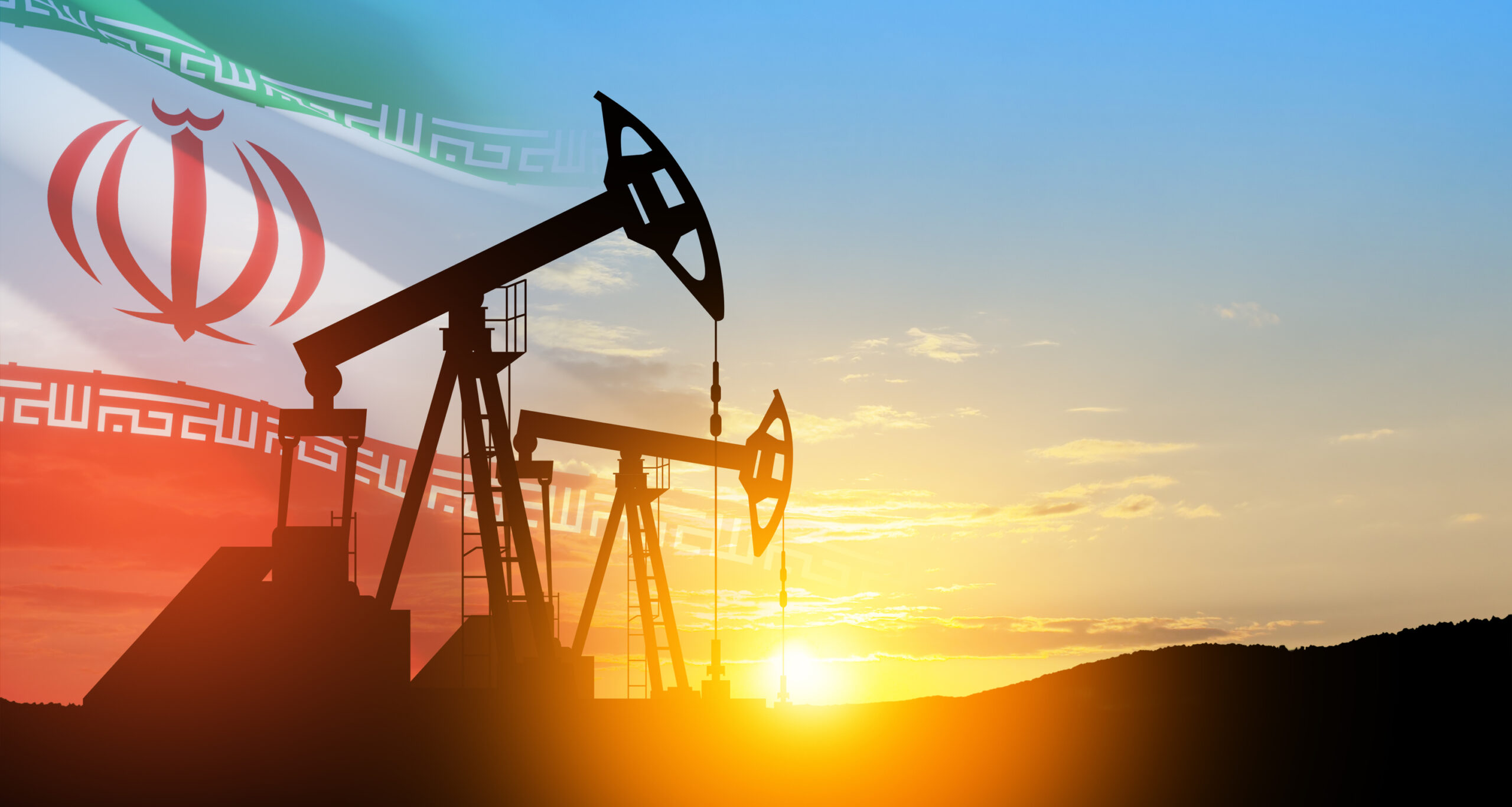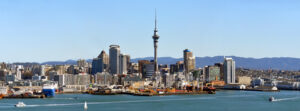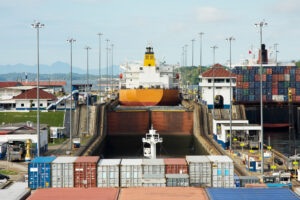The US has imposed sweeping new sanctions on more than 50 individuals, businesses and vessels that it says export billions of dollars’ worth of Iranian oil and liquefied petroleum gas (LPG).
The U.S. Department of the Treasury’s Office of Foreign Assets Control (OFAC) said it was targeting a network moving hundreds of millions of dollars’ worth of Iranian liquefied petroleum gas (LPG), along with nearly two dozen “shadow fleet” vessels, a China-based crude oil terminal, and an independent “teapot” refinery.
“The Treasury Department is degrading Iran’s cash flow by dismantling key elements of Iran’s energy export machine,” said secretary of the Treasury Scott Bessent. “Under President Trump, this administration is disrupting the regime’s ability to fund terrorist groups that threaten the United States.”
Treasury said it was the fourth round of sanctions in which the administration targeted China-based refineries that continue to purchase Iranian oil.
According to the Treasury Department, Iran uses a “shadow fleet” of ships to hide the origin of its petroleum exports.
These ships often transfer oil especially in the Persian Gulf and in waters off the coast of Singapore and Malaysia – to disguise where the cargo comes from.
“These actors have collectively enabled the export of billions of dollars’ worth of petroleum and petroleum products, providing critical revenue to the Iranian regime and its support for terrorist groups that threaten the United States,” the OFAC said in a press release.
A full list of designated entities, vessels, and individuals was published in OFAC accompanying the announcement.
The penalties aim to block them from using the U.S. financial system and prohibit American citizens from dealing with them.
As reported, violations of U.S. sanctions may result in the imposition of civil or criminal penalties on U.S. and foreign persons. OFAC may impose civil penalties for sanctions violations on a strict liability basis.
The sanctions come amid the US’s efforts to curb Iran’s petroleum and petrochemical exports.
This latest action follows a similar move in July, when the Treasury Department imposed sanctions on a vast international shipping empire that “funnelled billions of dollars in profit to Tehran.” The Treasury’s office of foreign assets control (OFAC) designated more than 50 individuals, entities, and more than 50 vessels.
The sanctions broadly target the shipping interests of an Iranian family with a political influence at the highest levels of the Iranian regime which allegedly controls a massive fleet of tankers and containerships.
According to the US Treasury Department, the network comprises a vast fleet of vessels, ship management firms, and front companies that sell Iranian and Russian crude oil and other petroleum products to buyers around the world, and most often to buyers in China.
The sanctions extend to individuals at multiple levels of management across numerous jurisdictions.
According to OFAC, some vessels linked to the network loaded a shipment of goods in Iran, turning off their automatic identification system (AIS) transponder during loading, and allegedly misrepresented cargo information in bills of lading.
The Iranian ministry of foreign affairs spokesperson Esmaeil Baqaei described the imposition of these sanctions as “unlawful and oppressive,” and as a “malicious act” aimed at damaging Iran’s economic development and the well-being of its people.
He said these unilateral and illegal sanctions are criminal in nature, violate the fundamental principles and norms of international law and human rights, and constitute a crime against humanity.



